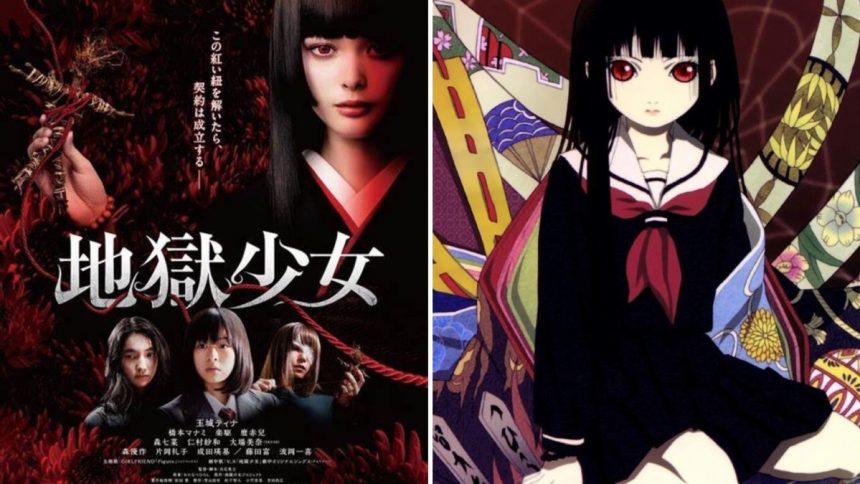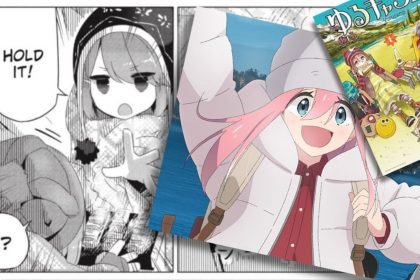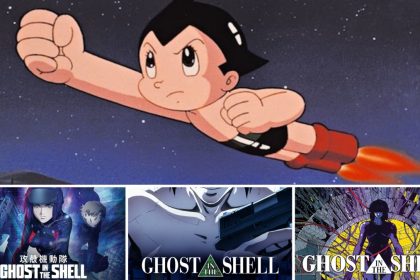Step into the dark and mysterious realm of Jigoku Shoujo, an anime series that delves into the intricate web of human emotions and the consequences of seeking revenge. In this article, we will unravel the enigma of Jigoku Shoujo, examining its key themes and thought-provoking questions. Join us as we navigate the depths of revenge and redemption, where the line between right and wrong becomes blurred, and the price of vengeance weighs heavy on the soul.
An Overview of Jigoku Shoujo
Jigoku Shoujo, also known as Hell Girl, is a psychological horror anime that revolves around a supernatural website where individuals can submit the names of those they wish to condemn to hell. The enigmatic protagonist, Ai Enma, serves as the conduit between the human world and the realm of the afterlife, ferrying souls to their eternal damnation.
In this article, we will explore two main subtopics: the cycle of revenge and the possibility of redemption.
The Cycle of Revenge
The Temptation of Revenge
One of the central themes in Jigoku Shoujo is the allure of revenge and the seductive nature of retribution. The series delves into the darkness that resides within the human heart, showcasing the profound impact of betrayal, injustice, and deep-seated grudges. Characters such as Takuma Kurebayashi and Hone Onna exemplify the complex emotions that drive individuals to seek vengeance.
Through their stories, the series prompts viewers to question the morality of revenge and confront the consequences that accompany such actions. It challenges us to consider whether revenge truly brings closure and satisfaction or perpetuates a never-ending cycle of pain and suffering.
The Price of Revenge
Jigoku Shoujo presents a haunting portrayal of the price one pays for seeking revenge. When individuals summon Ai Enma, they must accept the damning consequence of their actions—they too will be condemned to hell once their own lives come to an end. This chilling reminder forces viewers to contemplate the ultimate cost of vengeance and the toll it takes on the human soul.
By portraying the repercussions of revenge, the series serves as a cautionary tale, urging us to consider alternative paths towards resolution and reconciliation. It challenges us to question whether revenge truly brings closure or further perpetuates a cycle of pain and despair.
Further Readings: Seinen Demographics: Exploring Mature and Thought-Provoking Anime and Manga
Jigoku Shoujo, The Possibility of Redemption
Seeking Redemption
Despite its bleak themes, Jigoku Shoujo also explores the possibility of redemption and the potential for individuals to break free from the chains of their past actions. Characters like Ai Enma herself and Yuzuki Mikage offer glimpses of hope and the potential for growth and transformation.
The series encourages us to reflect on the power of forgiveness, empathy, and second chances. It prompts us to question whether redemption is attainable, even for those who have committed grave sins, and whether there is a path towards salvation and inner peace.
The Duality of Redemption
Jigoku Shoujo presents a complex and nuanced portrayal of redemption, highlighting the duality that exists within the human experience. It explores the notion that redemption can be both liberating and elusive, that it may require great sacrifice and self-reflection.
The contrasting stories of characters like Ren Ichimoku and Tsugumi Shibata serve as a reminder that redemption is a multifaceted journey, and its attainment is often intertwined with personal growth, acceptance, and the willingness to confront one’s own demons.
Conclusion: Jigoku Shoujo, into the Depths of Revenge and Redemption
Jigoku Shoujo invites viewers to explore the intricate tapestry of human emotions, the seductive allure of revenge, and the possibility of redemption. Through its thought-provoking narratives, the series challenges us to question our own beliefs about justice, forgiveness, and the nature of the human soul.
As we reflect on the significance of Jigoku Shoujo, we recognize its ability to spark discussions about the complexities of morality and the consequences of our actions. It serves as a reminder that revenge is a double-edged sword and that redemption, though arduous, is a beacon of hope that can guide individuals towards healing and growth.
So, let us venture into the darkness of Jigoku Shoujo, where revenge and redemption intertwine, and let us confront the profound questions it poses. Will vengeance provide solace or perpetuate pain? Can redemption be attained, evenfor the gravest sins? These are the queries that await as we embark on a journey through the haunting world of Jigoku Shoujo.













